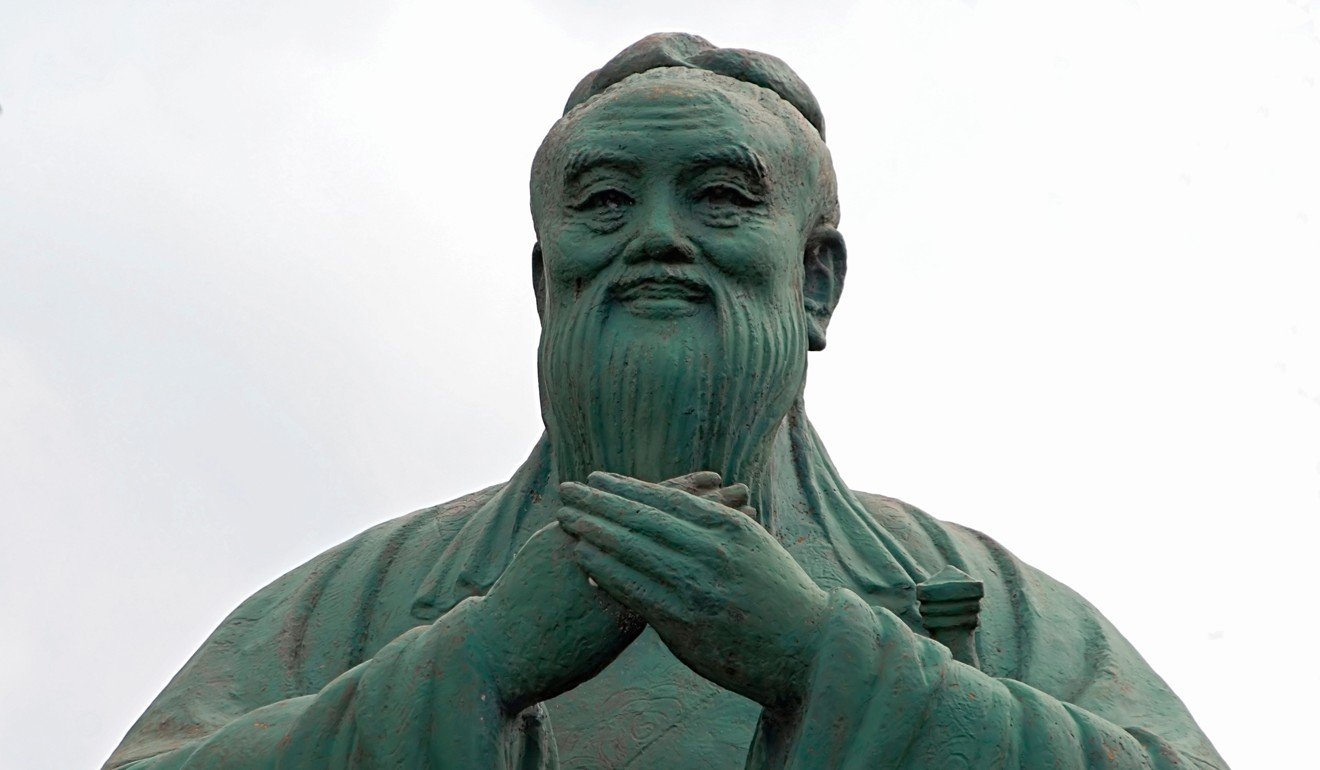
From Deng’s despair to rebirth under Xi – and how I felt about buying (and selling) the SCMP: the Robert Kuok memoirs
In the final excerpt of Robert Kuok’s memoirs, the tycoon remembers how Taiwan hung like a dark cloud over his meeting with Deng Xiaoping, his stint as a media mogul and China’s spiritual rejuvenation under Xi Jinping
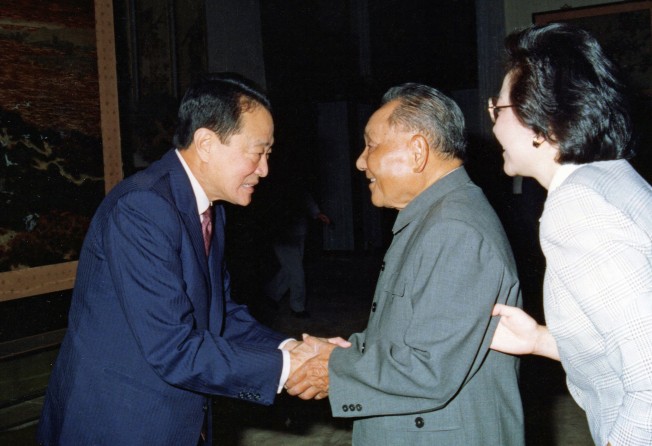
ON CHINA’S CULTURAL STRENGTH
At a very young age, perhaps four or five years old, I was becoming conscious of mother’s stories, and her frequent exhortations to me and my brothers. Father, his associates, and even the Chinese labourers working in the shop also had wisdom. I learned from them and from their behaviour that I belonged to a people with a very rich culture.
As I grew older, through the 1930s and 1940s, I began to realise that what the Chinese lacked most of all was discipline and unity.
With our continuous culture going back thousands of years, I think that there are certain good qualities as well as certain defects in the marrow of our bones.
The Chinese are very hard-working. Wherever they go they will try to earn their own living. Some of these migrants started life in their new homes as rickshaw pullers. So the natives of those regions connect the Chinese with the odour of sweat and say they are a miserable lot. I never got taken in by that nonsense. You have to learn to distinguish between form and essence. If your eyes are always glued to form, it is doubtful that you will ever succeed in life.

The Chinese today don’t have to learn about Confucius and Mencius from books. The teachings of Confucius and Mencius are part of our culture; these teachings have been with us since birth.
Why, then, are so many Chinese running around today in China and all over the world setting bad examples? It is because of greed.
If the journey towards the goal of civilization is ten thousand miles long, I doubt we have gone even one hundred miles
If the journey towards the goal of civilization is ten thousand miles long, I doubt we have gone even one hundred miles. People make a lot of mistakes in their rush. China has been transformed in 30 years. I have seen many mistakes along the way, but I have also seen a serious effort to turn back and correct mistakes when they are made.
*********************
ON MODERN CHINA AND ENLIGHTENED LEADERS
In its 5,000-year history, I doubt that China has had as enlightened a group of leaders as during the past 30 years. They wanted their country to grow, and their people to prosper. Few leaders today compare with China’s in terms of true patriotism, selfless devotion to duty, and complete willingness to dedicate their lives to the causes of nation-building and raising the peoples’ standard of living.
There was a period where I think the Chinese leaders misunderstood Confucianism, or they deliberately did not want Confucian values passed on to young people. They eschewed every religion, and Confucianism was seen as the religion of old China. Mao wanted the people to replace their old thinking with communist idealism. However, in the process, he overlooked the barbarism that still exists in man’s hearts and minds. It is easy to talk about all human beings being equal, but all men are not equal, and barbaric instincts still course through our veins.
In my business travels around China, I often came across incompetent or bigoted officials. Nearly every time I had a major tussle with one, or I met a dubious vice governor or mayor, I would come back and, in my judgmental way, tell my colleagues, “How can that man run such-and-such a city?” And sure enough, the next time I visited the place, say a year later, the man had been removed and a better man was in his place. I began to note to myself and to others that in Southeast Asia, a bad egg gets promoted; in China, a bad egg is removed.
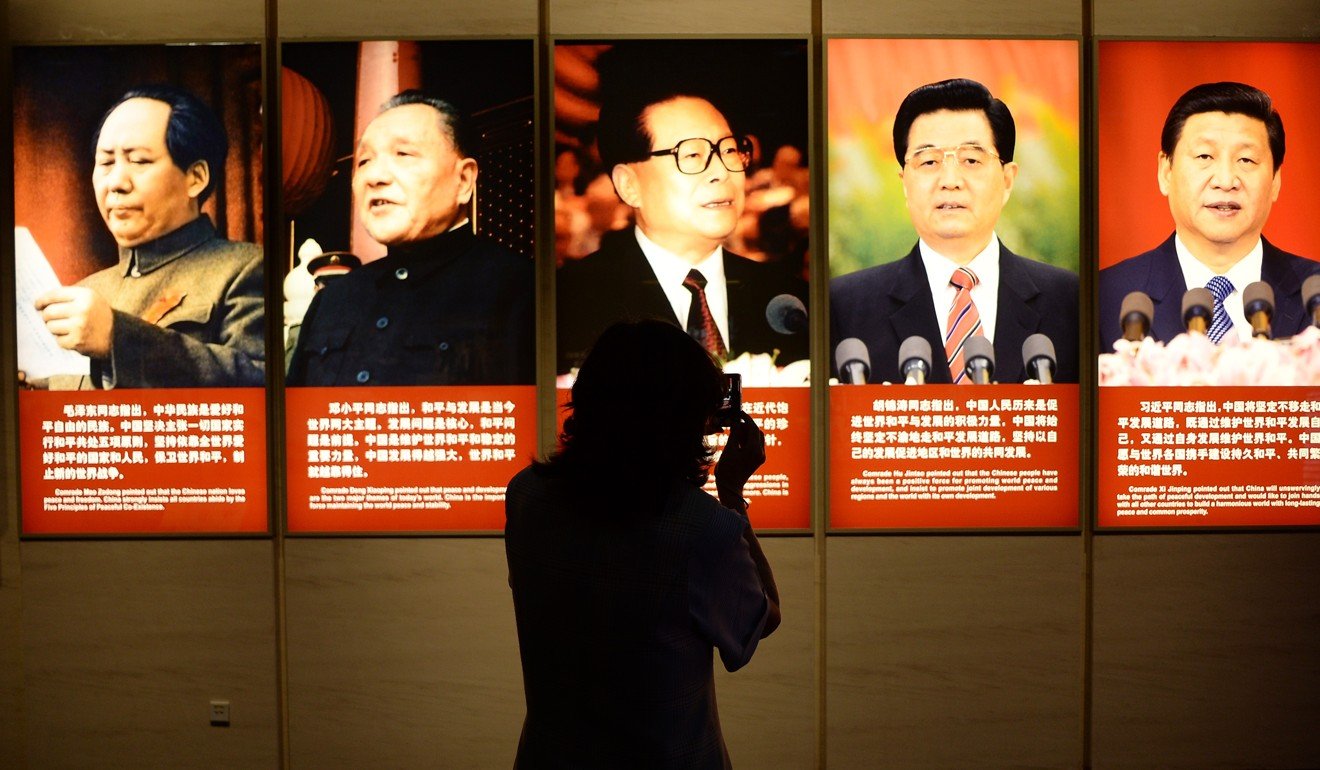
Still, I think more can and should be done to root out nonperformers. I have a wonderful colleague named David Pang who helps out with our companies’ efforts to lift the poor around China from conditions of extreme poverty. We are trying to open up the sky above their heads and offer them hope. Through this effort, we have come into contact with many local village officials.
The quality of these officials varies greatly; the more corrupt ones are all talk and no action.
David Pang told me a sad story about a very bright young man from a small village who made it to the top university in China.
After graduating, he went back to his village to share his knowledge.
He is a man with a good heart, but after 20 years, he had lost all his vigour and energy and dreams. He became a forgotten soul captured by the bureaucratic web. His superiors think poorly of him because he challenges their intellect. He is bullied and ignored.
There are many individuals like him throughout China, individuals who want to do good things and improve the lives of those around them but who are stymied by vain and arrogant officials.
ON DENG XIAOPING
I was invited to meet Deng Xiaoping in the autumn of 1990.
He impressed me as a very fine and humble human being. He was by then an elderly man, but from the moment he saw me, his whole behaviour – his smile and his body language – was like that of an eager young man seeking to make a new friend. In none of his actions or words was there a hint of: “I am a great leader of a great nation. Who are you?” You could sense that the man was never thinking of himself. He was all for the people, his people.
When we sat down, his first words were to thank and to praise the Overseas Chinese for their contribution to the birth of the new China, and for the major role they had played and were continuing to play in China’s economy. Then he said several things that still stick in my mind. One was: “In 30 years’ time, China will be the most important and strongest nation in Asia, which will by then be the strongest continent in the world.” There was no hint of arrogance in Deng’s voice. It was as if he were a wizened sage looking into his crystal ball and describing what he saw. He stated it very humbly, and then he added words to this effect: “I shall not live to see that day, but I have no doubt that it will become true.”
There was no hint of arrogance in Deng’s voice. It was as if he were a wizened sage looking into his crystal ball and describing what he saw
He also said, “Mr Kuok, they all say I am the one that is bringing this huge and rapid development to China. They are wrong. When I opened the door for China, they were all pushing me from behind. They are still pushing me.” He wasn’t trying to gain more credit by trying to divert the credit. He just said the truth. The people want economic progress.
Then Deng spoke at length on the Taiwan issue. He said, “I have offered them more than I was prepared to give Hong Kong. They will be given everything that I gave Hong Kong, in addition to which they can maintain their armed forces, and renew and update their weaponry. All I ask is that we are one unified nation again; one flag, one foreign ministry, one people. There can be no other way forward for China!”
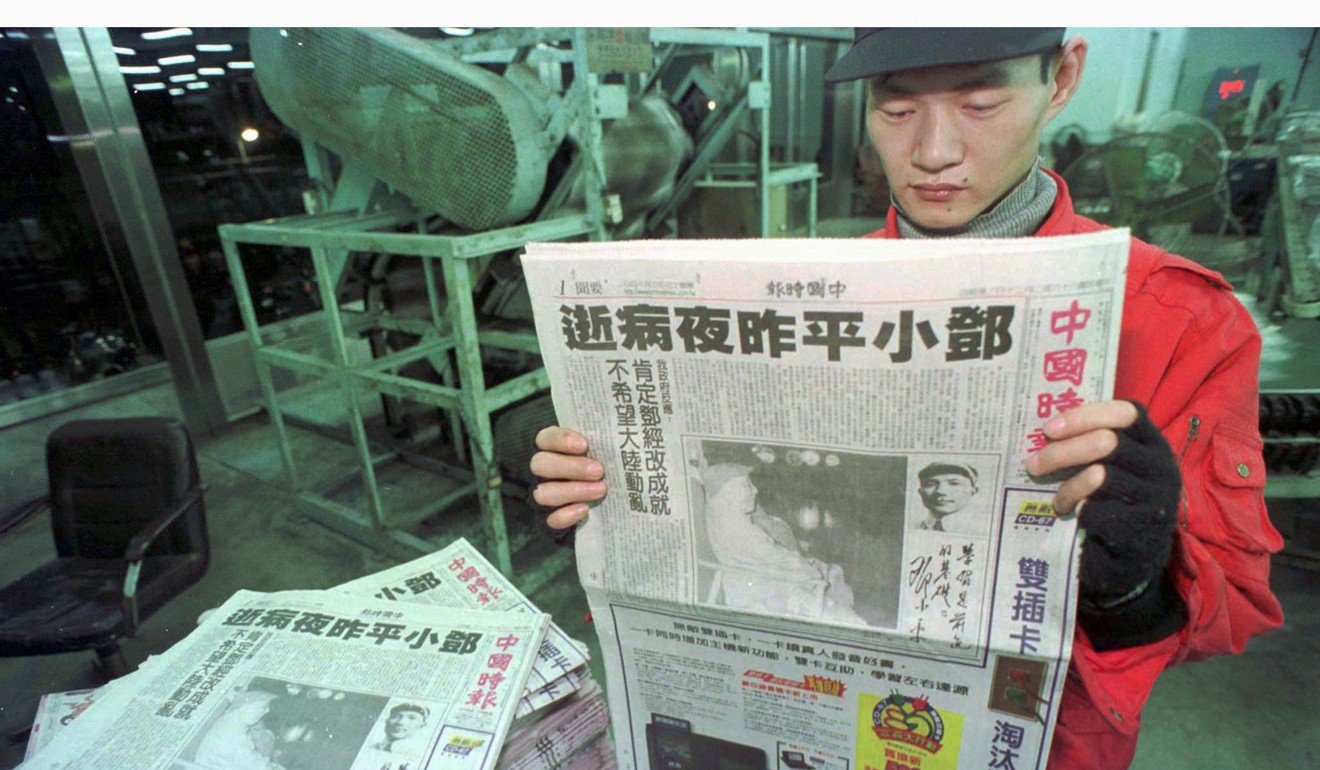
He smiled throughout the meeting and I thought he was a very kind, friendly man, totally unselfish. But when he spoke on Taiwan, for the first time I saw in the man a sense of extreme frustration.
That was the first and only time I saw Deng. I later heard through Chinese friends in Beijing that mine was the last official meeting granted by the government. After that, a curtain came down and his only visitors were family or close friends.
China is still transforming. When you talk of the transformation of a nation of more than 1.36 billion people, it is too great for one single human mind to follow. Imagine an elephant that is so enormous in girth that if you are standing right in front, you cannot imagine it in its entirety.
[Deng Xiaoping] was a very kind, friendly man, totally unselfish. But when he spoke on Taiwan, for the first time I saw in the man a sense of extreme frustration
****************************
When I saw what Deng Xiaoping was doing, I virtually worshipped the man. I have often told overseas friends that, throughout China’s 5,000-year history, there has rarely been a period when the leadership has been as committed to providing for the people and nation-building as that since Deng came to power. It has now been more than 35 years since Deng set the country on its current course, and the present leadership continues to put the people first.
We met obstacles and small-minded people in China. Some think you have come to rob them; others just think about themselves, and when you won’t line their pockets they turn their backs on you. In some of the provinces, you meet bigoted, narrow-minded officials who are envious before they have given away anything. All you can do is to avoid those places.
Overall, I think my relative success has been due to my willingness to give way. If you were operating in Singapore or Hong Kong, you would not meet with that situation.
In China, I was willing to flow with the currents. I was not expecting to make a fortune. I think, in the main, I felt I was there to help the country. But because of all my years of business training and sense of fiduciary values, there were times when I could not compromise. If they were not willing to be reasonable, I could not accept it, and those frustrations sometimes got to me.
******************
The years of experimenting with extreme left-wing communism have had adverse side effects on Chinese society. One effect is that many grew up without a strong moral compass. They acted as though your wealth should be shared with them. While they professed to share their wealth with you – they knew full well that they had nothing. I used to tell Chinese cadres: “That is not communism; it is highway robbery! You people are even indecent in not telling the truth to yourselves.”
To my mind, the two greatest challenges facing China are the restoration of education in morals and the establishment of the rule of law.
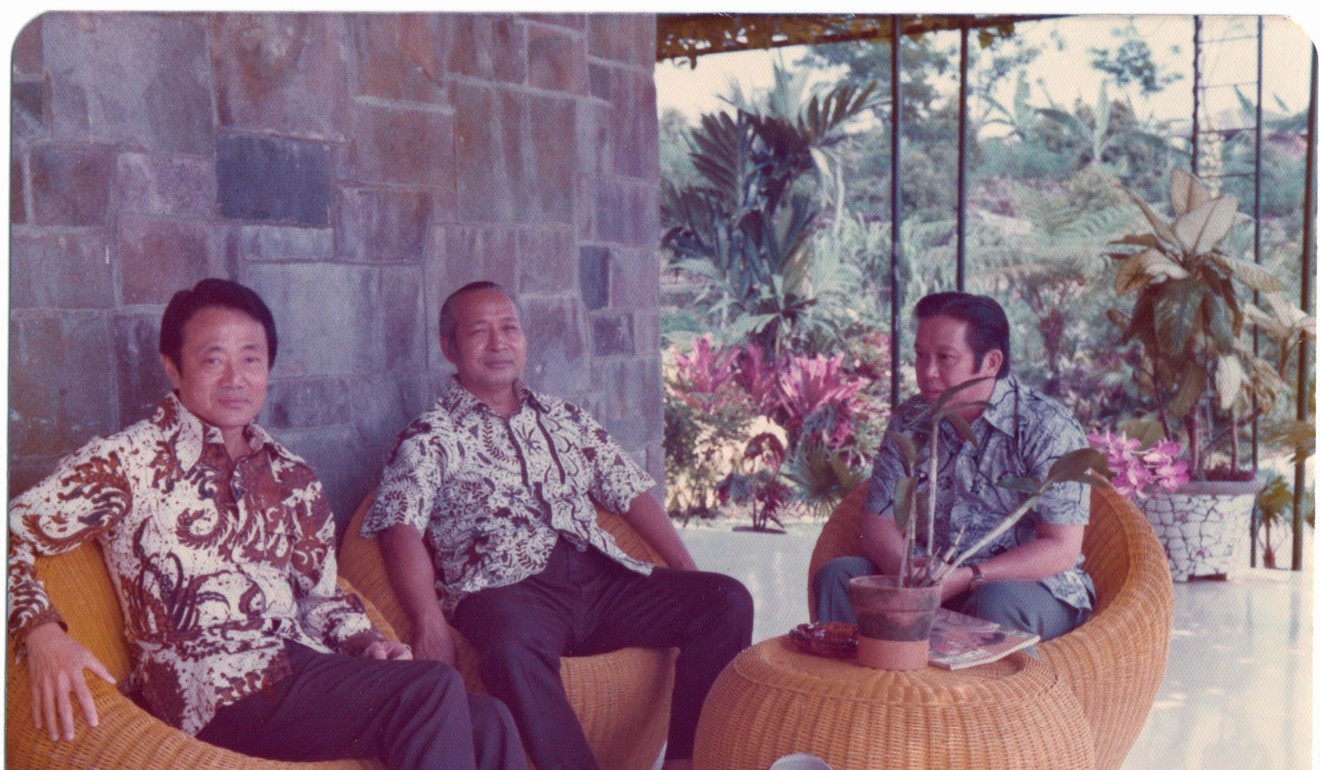
A moral society cannot be attained through policing. You must begin at the beginning, and infuse the young with a strong sense of morality from a young age, both at home and at school. For centuries, Confucian principles provided China’s moral compass; they can do so again.
The two greatest challenges facing China are the restoration of education in morals and the establishment of the rule of law
The second important point is that China must strive to understand and implement the rule of law. This is more important than implementing democracy. It is a basic principle of the rule of law that everyone is equal before the law. In China today we have rule by man. Under the rule of law, even the General-Secretary of the Communist Party is not above the law.
I know many believe that it is impossible for a communist party to accept the rule of law. But I think that, if the Chinese Communist Party is to survive, the leaders of the Communist Party must adapt.
Otherwise, the people of China will reject them and cast them out.
I only hope that the Communist Party will take the lead in implementing the rule of law. It will require a gigantic effort, as the culture must change and the legal infrastructure must be created.
You have to train upright judges and lawyers to uphold the legal system. This may take 20-30 years, but it must start today. If the party succeeds in this monumental task, then the road ahead for China is filled with hope for all mankind.
***********************
XI JINPING’S CHINA
The world is now witnessing a spiritual rejuvenation in China led by Xi Jinping.
In my lifetime, I have followed the astonishing transformation of China. I grew up hearing daily tales of the country being in a horrible state. After many decades of misrule, internal strife and foreign oppression, the country was ripe for a revolution. The People’s Republic of China was founded by Mao Zedong and his amazingly able colleagues on 1st October 1949. But Mao was no genius at economics or commerce, and when the economy suffered setbacks, he was criticized by those around him. Mao got mad and thought he would use a fire torch to burn the pestering ants along the edges of the house, not realising that the house was bone dry, and that it would burst into flames and set off the Cultural Revolution, which eventually left the nation shattered.
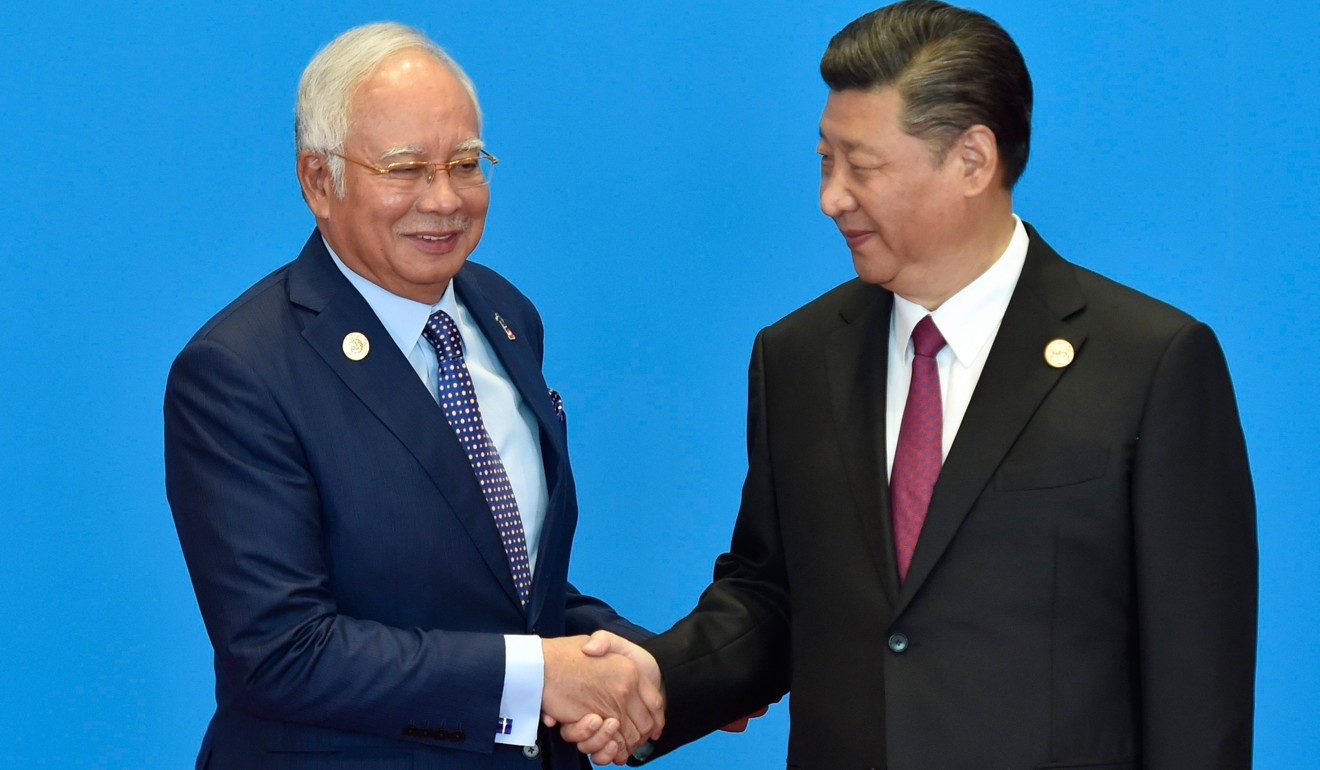
After a period wracked by extreme instability and political intrigue, Deng Xiaoping came to power. He saw the right direction for his people and personally led them for about fifteen years. I met him in the Great Hall of the People in Beijing in September 1990 and was struck by his humility. He said that he did not deserve the peoples’ acclaim that he was responsible for the country’s booming economy and rising prosperity. He said: ‘All I did was to open the door, but it was the people charging up behind and they pushed me through the door’. I found Deng to be a wise and compassionate leader: a great man indeed.
After Deng had ushered in a time of increasing prosperity, there developed the disease of greed and decay. Fortunately for China and its people, Xi Jinping assumed leadership of the country in November 2012. What he has accomplished in just five years is truly amazing. He has greatly reduced corruption in the government bureaucracy, in state-owned enterprises and in the armed forces. The economy had been developing in too uncontrolled a manner (excess capacity in steel, cement, and aluminium, etc.), and some of the agonies due to enforced adjustments are now being felt.
Xi is effectively bringing China into the modern age by dismantling, step by step, the feudal attitudes and officious practices which have been deeply ingrained in Chinese society
Xi realized it was not just the body but also the mind and spirit where decadence had entered Chinese society and systems. He is fostering mental, physical, moral and spiritual rejuvenation. It is a difficult job because China is relatively affluent now. Leaders have an easier job when the people are poor and have nothing to lose.
Xi is effectively bringing China into the modern age by dismantling, step by step, the feudal attitudes and officious practices which have been deeply ingrained in Chinese society.
From my knowledge of Xi Jinping, he is selfless, compassionate, patriotic, with a profound knowledge of Chinese history and culture. He is putting good practices in place, which will further transform China. He may need several more years to put his imprint on the country, but I firmly believe that history will honour him as one of China’s greatest leaders.
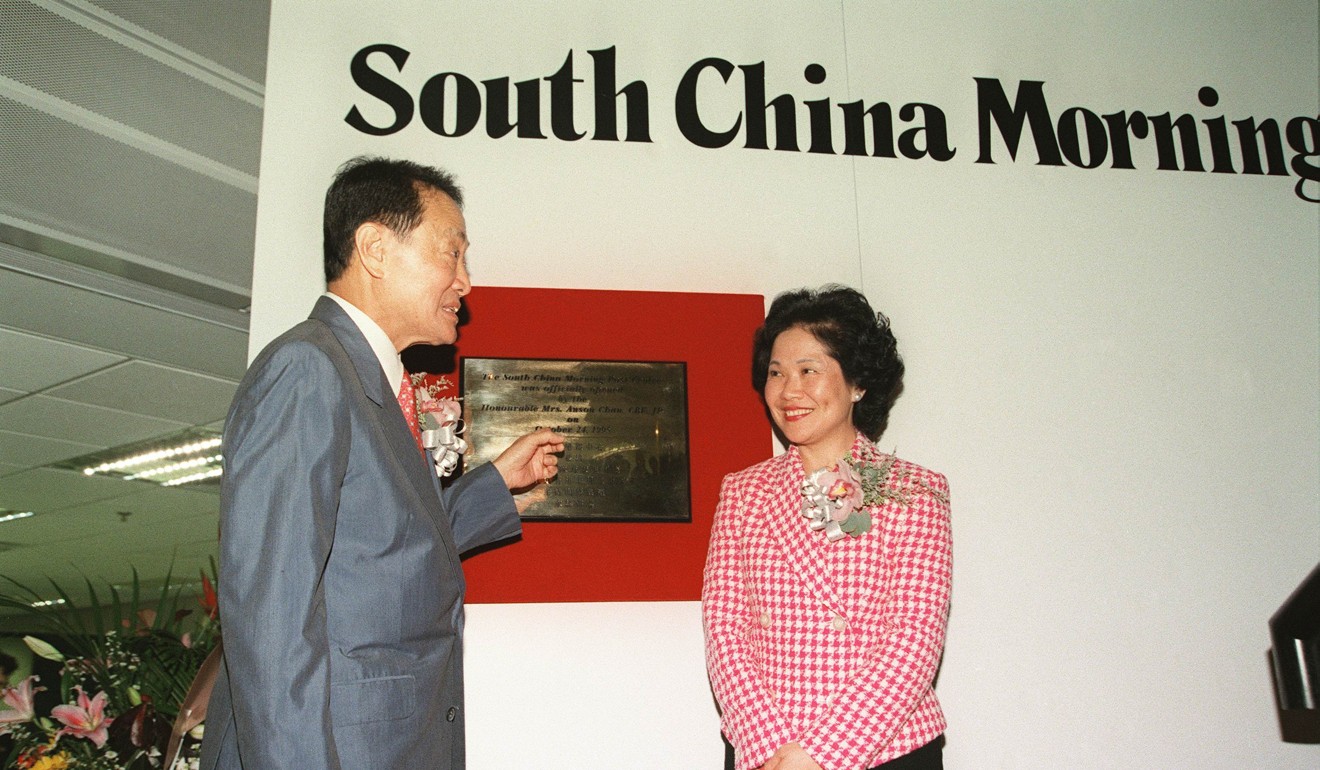
THE PERMANENCE OF PRINT AND THE SCMP
In 1993, we bought a controlling interest in SCMP Group Limited of Hong Kong, which publishes the leading English language newspaper in Hong Kong, the South China Morning Post, from Rupert Murdoch. I feel that an independent media is a crucial component of a fair and orderly society. Perhaps I am old fashioned in believing that print media is important, given all the new media that have emerged. But I believe in the permanence of print, recording events day in and day out. I don’t see that books or newspapers will ever become obsolete, although their form may change.
For every slanted opinion piece, there should be a proponent for the opposite view
When I read the Post in the morning, I wouldn’t agree with everything. But that had never prompted me to try and change the contents. However, if the paper ever printed something libellous, I would have come down very fiercely and told them, “If the paper is sued for libel, you have to be responsible and meet the cost, because the owners did not personally print that news.”
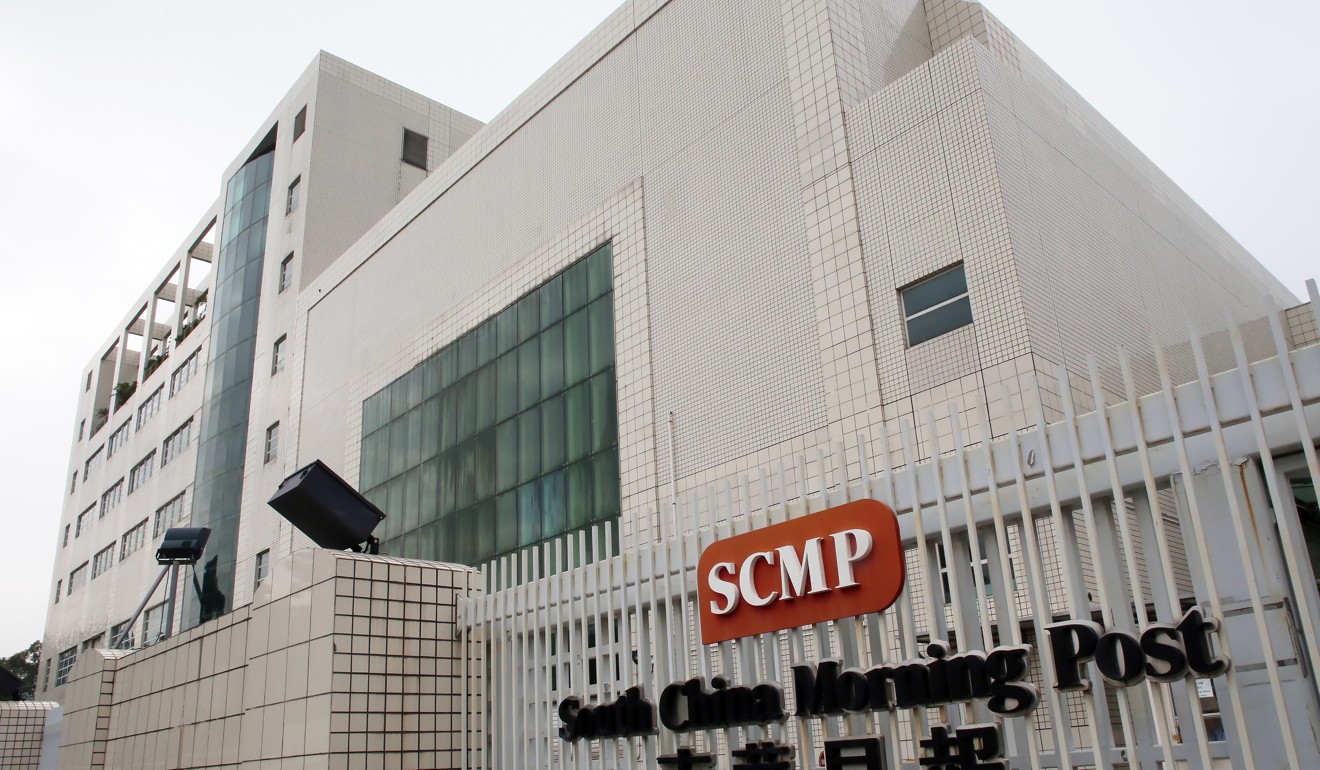
A paper must publish news, not speculation. For every slanted opinion piece, there should be a proponent for the opposite view. Give the reader a choice, and let the reader decide who has the better argument.
In March 2016, a decision was made to sell the South China Morning Post to Jack Ma of Alibaba. I was pleased for Jack to take over, as the Post is a strategically important newspaper and I felt it should be in good hands. When the sale was completed, friends asked me how I felt after having owned the Post for 24 years. I replied by wiping my brow in relief and saying, “pheww!”
Robert Kuok, A Memoir will be available in Hong Kong exclusively at Bookazine and in Singapore at all major bookshops from November 25. It will be released in Malaysia on December 1 and in Indonesia on January 1, 2018